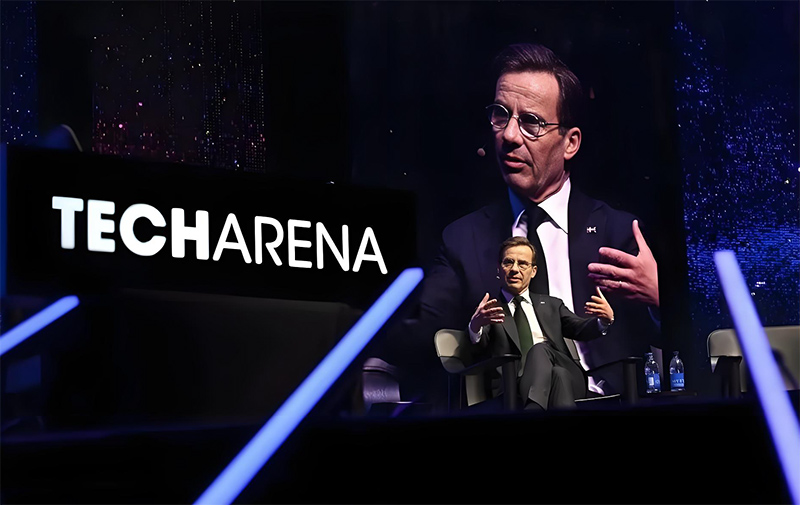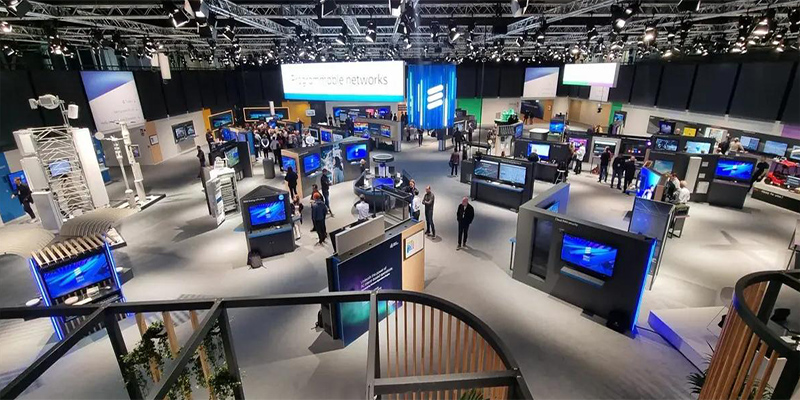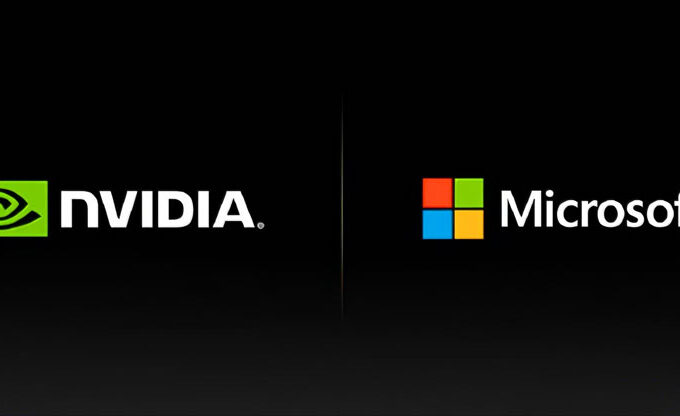In pursuit of AI autonomy, five Swedish giants—AstraZeneca, Ericsson, Saab, Nordea, and Wallenberg Investments—have jointly established Sferical AI, aiming to keep control of AI within Europe.
The new Stockholm-based company isn’t aiming to be another OpenAI competitor, but rather is focused on building what its founders call a secure and transparent system, operating under a European governance framework. Its core philosophy is to keep data, models, and infrastructure within the continent.
Sferical’s founding team spans the entire Swedish industry. AstraZeneca brings pharmaceutical research expertise, Ericsson provides global telecommunications infrastructure, Saab contributes military and defense knowledge, Nordea offers financial expertise, and Wallenberg Investments provides capital and long-term strategic support. This combination provides the startup with immediate projects and datasets that other AI labs would take years to acquire.
Why sovereign AI is growing in importance
The sovereign AI movement is driven by concerns about US and Chinese dominance in advanced AI. As generative AI models become infrastructure like electricity or telecommunications, reliance on US providers like OpenAI, Anthropic, or Google DeepMind is seen as risky by governments and businesses.
From Emmanuel Macron in France to Ursula von der Leyen in Brussels, European leaders have publicly voiced the need for localized models. Marcus Wallenberg, Chairman of Wallenberg Investments, said: “With this initiative, we are creating opportunities for some of Sweden’s leading companies to be at the forefront of the rapid structural transformation of the business landscape brought about by AI.”

Jenny Knoedler, CEO of Sferical AI, said: “I look forward to working with our partners to build the next generation of AI infrastructure in Sweden and enhance the competitiveness of Swedish industry.”
Global trends in sovereign AI development
Sferical is not alone. France’s Mistral AI has raised over €600 million and is building a large language model for European languages and law. Germany’s Aleph Alpha, funded by SAP, Bosch, and the Schwarz Group, positions itself as a sovereign alternative. India’s BharatGPT is developing multilingual models for finance, agriculture, and healthcare.
From research lab to real-world applications
Sferical’s advantage lies in the diverse portfolio of its founders. AstraZeneca is applying AI to drug discovery and clinical outcomes, Ericsson is exploring critical telecommunications infrastructure and network optimization, Saab is focusing on defense applications and real-time military analytics, and Nordea is testing AI for fraud detection and risk modeling. This wide range of ready-made applications gives Sferical an advantage over pure research labs.
Challenges facing sovereign AI
However, building sovereign AI does not automatically mean greater security. When each country builds its own foundational model, the result may not be increased resilience but rather the creation of isolated and incompatible AI ecosystems.
Furthermore, operating high-quality, large-scale, competitive AI systems requires infrastructure that Europe currently lacks. Even if Sferical keeps its cluster in a European data center, the GPUs are still designed and manufactured overseas. Talent is another constraint, with many top AI researchers still in the US or China.

Training GPT models to the level of today’s capabilities requires staggering amounts of data and computation. Sferical must either promote international data sharing across Europe or explore a more streamlined and efficient architecture, neither of which is easy.
Strategic planning, not a race for scale
Rather than attempting to match Silicon Valley in model scale, Sferical is focusing on trust. This strategy reflects the latest technological trend in AI: a shift from simply pursuing parameter scale to prioritizing trustworthiness and transparency. The project will be considered a success if it can deliver a system that European governments, labs, and businesses are willing to adopt, even if it doesn’t match the raw scale or production speed of American players.
This strategy aligns with a broader shift: AI is no longer just a business issue, but a component of national security. Whether the Swedish Alliance can maintain the funding, talent, and political will to keep Sferical viable remains uncertain, but what is certain is that the race for AI sovereignty is accelerating.












